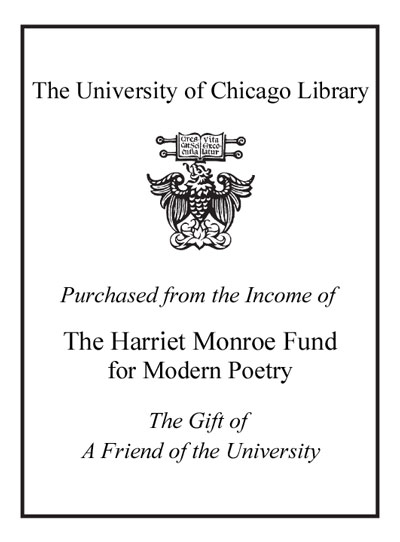Review by Booklist Review
Widely acclaimed for his poetry, fiction, and folklore, Native American writer Momaday (The Death of Sitting Bear, 2020) delivers a profound reflection on humanity's relationship with its terrestrial home, the planet Earth. In this "spiritual autobiography," Momaday addresses his intimate, evolving relationship with the land in quick vignettes composed of disarmingly short paragraphs that depict moments big and small: the two arcs of a double rainbow cradled inside a red canyon, the astronomical expanse of the Big Dipper above the plains. Momaday writes with a sense of responsibility and sincerity without being saccharine: "If we treat the earth with kindness, it will treat us kindly. If we give our belief to the earth, it will believe in us." As climate disasters increasingly affect everyday life, inhabitants of this planet will do well to heed this invocation. Even readers unfamiliar with Momaday will appreciate the timeliness of this important call to care and revel in its poetry, and longtime Momaday readers will especially enjoy references to the author's early work, including The Way to Rainy Mountain (1976).
From Booklist, Copyright (c) American Library Association. Used with permission.
Review by Kirkus Book Review
A plea for the planet from the Pulitzer Prize--winning novelist, poet, and playwright. Born and raised as a member of the Kiowa tribe, Momaday (b. 1934) has had a remarkably distinguished career, earning a National Medal of Arts and a lifetime achievement award from the Anisfield-Wolf Book Awards, among other honors. Here, the author follows the dictum of one of his own teachers: "Write little and write well." Momaday distills age-old wisdom from the elders who came before him into a concise book featuring chapters no more than a paragraph in length. He evokes a world of natural connection, one that existed long before him and is now threatened, and he draws inspiration from Dragonfly, "a holy man" devoted to "a spiritual life of the mind." Throughout the book, Momaday maintains a tension between the eternal spirit of the Earth, with the "Great Mystery" pervading it, and the threats posed by those infected with "the immorality of ignorance and greed, the disease of indifference to the earth." While he notes the importance of studying history, he also argues that "it is the present and the possibilities of a future that must concern us. Ours is a damaged world. We humans have done the damage, and we must be held to account. We have suffered a poverty of the imagination, a loss of innocence. I would strive with all my strength to give [a] sense of wonder to those who will come after me." Wonder abounds in these pages, and the author also touches on the passage of time and the many costs of supposed progress. Though brief, the book serves as a tight summation of many of the themes that Momaday has developed during his long career, and his fans will relish it. Short chapters of prose that read almost like prayers to the natural world. Copyright (c) Kirkus Reviews, used with permission.
Copyright (c) Kirkus Reviews, used with permission.
Review by Booklist Review
Review by Kirkus Book Review

